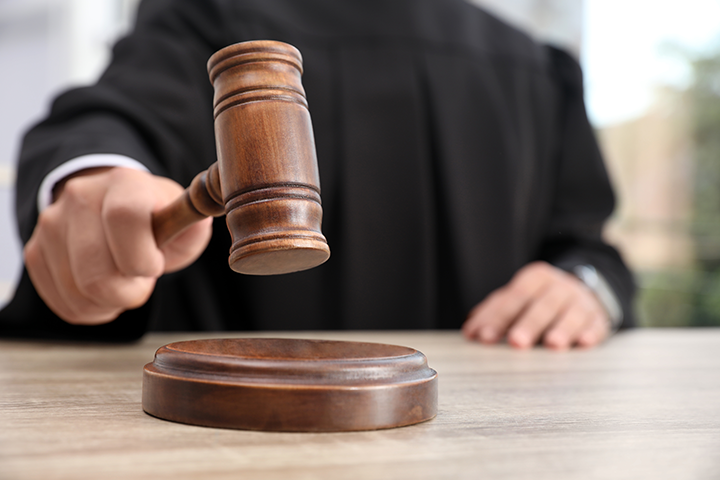1. Introduction
Courts are the foundation of a just society. They are the primary institutions where disputes are resolved, laws are upheld, and justice is served. But what exactly is a court?
2. What Is a Court?
A court is a legal forum where disputes, conflicts, and legal matters are heard, judged, and decided upon. These institutions are responsible for interpreting and applying the law to ensure fairness and justice.
3. The History of Courts
The concept of courts has a long history, Fun lovin criminals dating back to ancient civilizations. From the Roman Forum to medieval European courts, the idea of impartial judgment has been a constant throughout human history.
4. Types of Courts
There are various types of courts, each with a specific jurisdiction. These include criminal courts, civil courts, family courts, and specialized courts like tax courts, immigration courts, and more.
5. The Role of Courts in Society
Courts are essential for maintaining order and ensuring that individuals have a platform to seek justice. They act as a check and balance on the powers of the government and provide a forum for resolving disputes.
6. Court Procedures and Structure
Courts have specific procedures and structures in place to ensure a fair and transparent legal process. This section will explore the inner workings of the court system.
7. The Importance of Legal Representation
Legal representation is crucial in court proceedings. It ensures that individuals have a voice and are guided through complex legal matters. We’ll discuss the significance of legal counsel.
8. Landmark Court Cases
Throughout history, certain court cases have shaped the legal landscape. We’ll delve into some landmark court cases that had a profound impact on society.
9. The Challenges Facing Modern Courts
Modern courts face numerous challenges, from backlogs of cases to issues with access to justice. We’ll explore these challenges and potential solutions.
10. The Future of Courts
As technology advances and societal needs change, the court system evolves. This section will examine the future of courts and what to expect in the coming years.
11. The Impact of Technology on Courts
Technology has revolutionized the legal world. We’ll discuss how digitalization and automation have affected court processes and accessibility.
12. How to Access Court Records
Access to court records is essential for transparency and accountability. Here, we’ll guide you on how to obtain court records and why they’re important.
13. Conclusion
In conclusion, courts are the bedrock of justice and a cornerstone of a civilized society. Their history, structure, and role are vital in maintaining a fair and just legal system.

